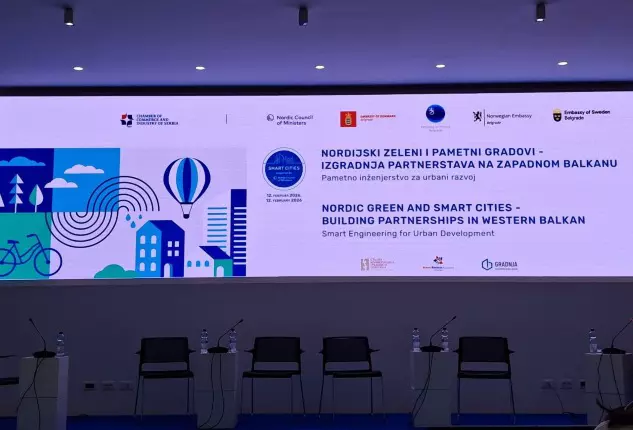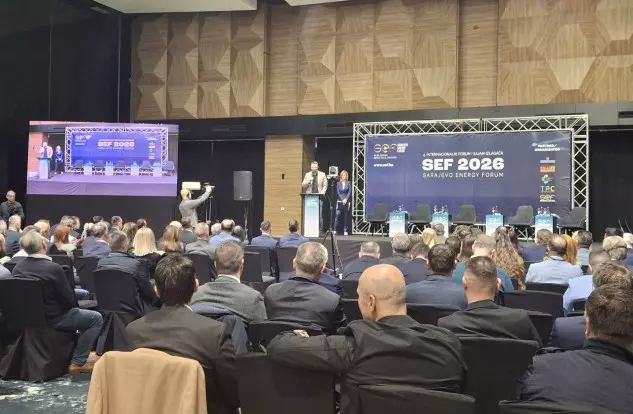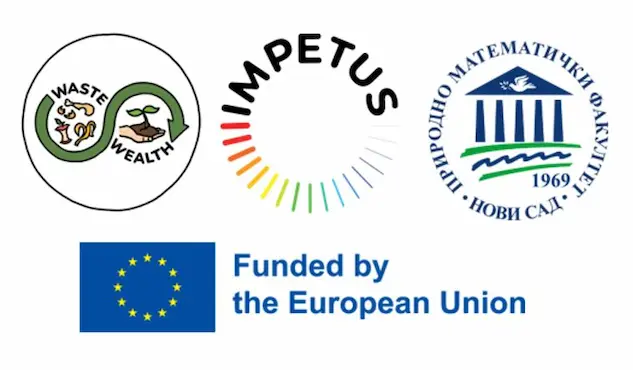The Western Balkans’ path toward a cleaner, more resilient, and competitive energy future took the spotlight at SEE ENERGY 2025 – Connect & Supply, held in Novi Sad (28–29 October 2025). The two-day international forum brought together more than 350 participants from the energy sector, industry, government, finance, and international institutions to share practical solutions for accelerating the regional energy transition.
The event was led and curated by Jelena Bunčić, President of the National Biomass Association (SERBIO) and organiser of SEE ENERGY 2025 – Connect & Supply, whose leadership continues to strengthen regional cooperation in advancing sustainable energy solutions.
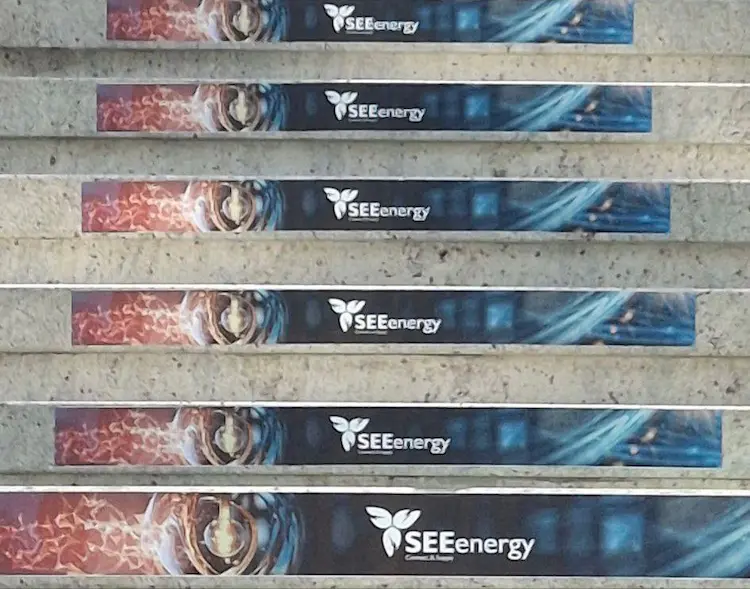
Opening priorities: security, sustainability, competitiveness
The Opening Ceremony featured Maja Vukadinović (Ministry of Mining and Energy), Christof Sonderegger (SECO), and Nenad Ivanišević (Provincial Government of Vojvodina), who emphasized a coordinated approach to improving energy security, reducing volatility, and supporting industrial productivity through decarbonisation.
A central message emerged early:
The energy transition is not only about technology; it is about cooperation, trust, and investment frameworks that enable change to occur.
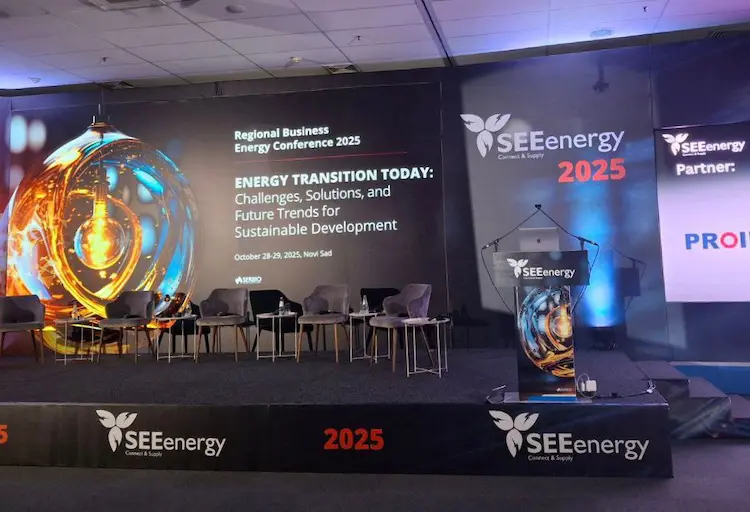
Smart investments as the engine of transition
The first day focused on financing mechanisms that make energy efficiency and renewable deployment viable at scale. In the panel “Financing Energy Efficiency – ESCO Models, Subsidies and EU Funds”, moderated by Bojan Bogdanović (EBRD), speakers highlighted how blended financing models can unlock high-impact projects without heavy upfront capital.
Among them, Barbara Jäggin Sprenger, Senior Policy Advisor at SECO, underscored the importance of combining instruments, recapacity measures, decarbonisation strategies, and public-private partnerships to ensure both environmental progress and economic resilience.
Representatives from UNDP, the District Heating Plants of Serbia Association, and the Toplana-Šabac utility shared insights from Šabac, where integrated funding and community engagement have driven one of Serbia’s most notable district heating modernization efforts.
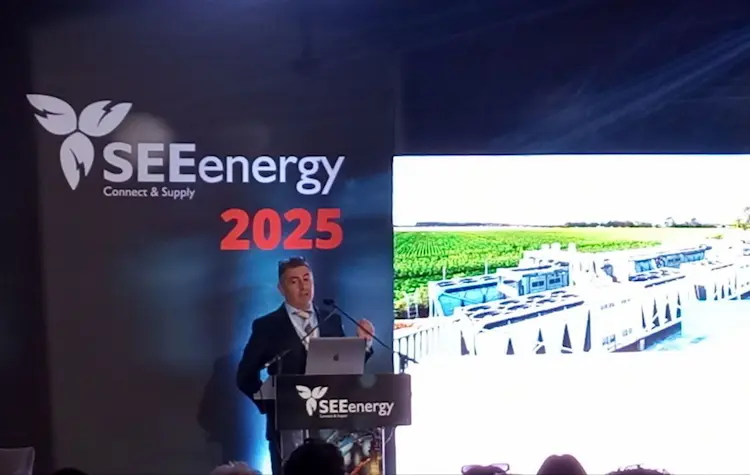
Thermal energy & biomass: re-centering local resources
Sessions on Power-to-Heat technologies emphasized that thermal energy accounts for more than half of industrial energy demand in the region, making efficient heat systems essential for any credible decarbonisation strategy.
Later, the panel “Swiss Model of Sustainable Forest Management and Biomass Supply Chain Organization” turned attention to biomass value chains. Speakers discussed how trust, tradition, and transparent certification are key to strengthening sustainable resource use, especially in forestry, where communities and ecosystems are deeply interconnected.
In parallel, Rocco Fruggi (Prointer – Orcan Eneargy) presented compact waste-heat recovery systems, showing how even smaller-scale industrial facilities can contribute meaningfully to emissions reduction.
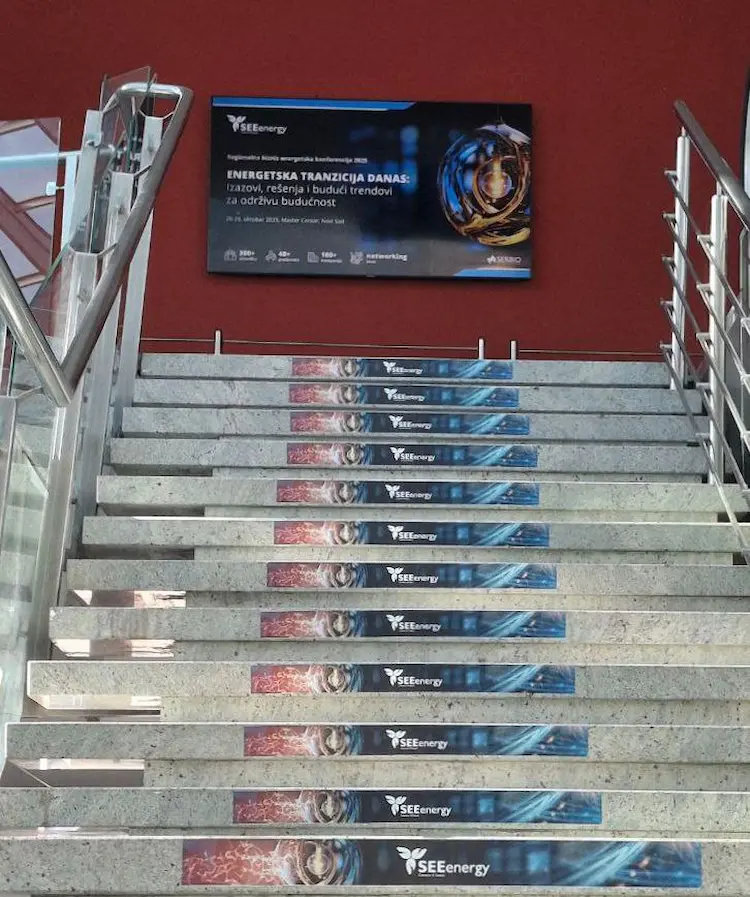
Industrial transition without competitive loss
Day two centered on the strategic challenge: How do we decarbonize industry without eroding competitiveness?
Executives from IKEA Serbia, Lafarge, Elixir Group, and Erste Bank discussed ESG implementation, CBAM readiness, and evolving carbon pricing frameworks. The takeaway was clear: the companies that invest early in emissions reduction will be best positioned under future trade regimes.
A panel on battery energy storage demonstrated how industrial-scale storage solutions are becoming essential for grid stability and large renewable integration, provided flexible energy markets continue to develop.
Collaboration made real
Throughout both days, structured B2B meetings and the Investment Corner enabled companies, investors, and city representatives to identify concrete partnerships, turning forum dialogue into future joint ventures.
The energy transition in the Western Balkans is no longer theoretical. It is becoming a central driver of economic development, energy independence, and industrial modernization. By aligning policy, private capital, and technological innovation, Serbia and its regional partners are laying the foundations for a secure, sustainable, and competitive energy future.
Read more about conferences here.
